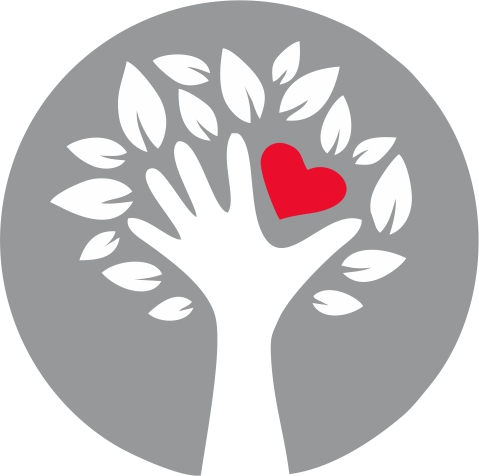May 4, 2017 is World Maternal Mental Health Awareness Day. In January, I attended a 2-day training through Postpartum Support International for PMAD’s. Perinatal Mood and Anxiety Disorders (PMAD’s) are a very real problem. This particular population faces even greater stigma because of expectations of happiness surrounding childbirth, parental expectations of what they should feel like, and portrayal of what PMAD’s looks like on media or in sensationalized cases.
This is not the “Baby Blues”
The baby blues is caused by a sudden drop in hormones of 1,000 times after childbirth. It usually lasts two days to two weeks. However, mental health disorders can be experienced anytime during the perinatal period (from the time of conception until the child is 1 year old). The peak period of risk for disorders is when the child is 3 months old. Further, the issue is not only postpartum depression. Women can experience depression, anxiety, panic disorder, PTSD, OCD, perinatal Bipolar Disorders, and psychosis. It is important to mention that fathers can experience postpartum depression and anxiety as well.
There is Help
Treatment includes the entire family, surrounding the individual with social support and resources, attending therapy or support groups, participating in counseling services, and often, medication.
Alternative or complementary treatments might include: herbal medicine, massage, yoga, nutrition and exercise, relaxation and guided imagery, aromatherapy, or acupuncture.
There are many resources online, such as Postpartum Support International. PSI offers online support groups weekly as well as a “warmline,” and chat with an expert weekly for Moms and Dads.



Recent Comments